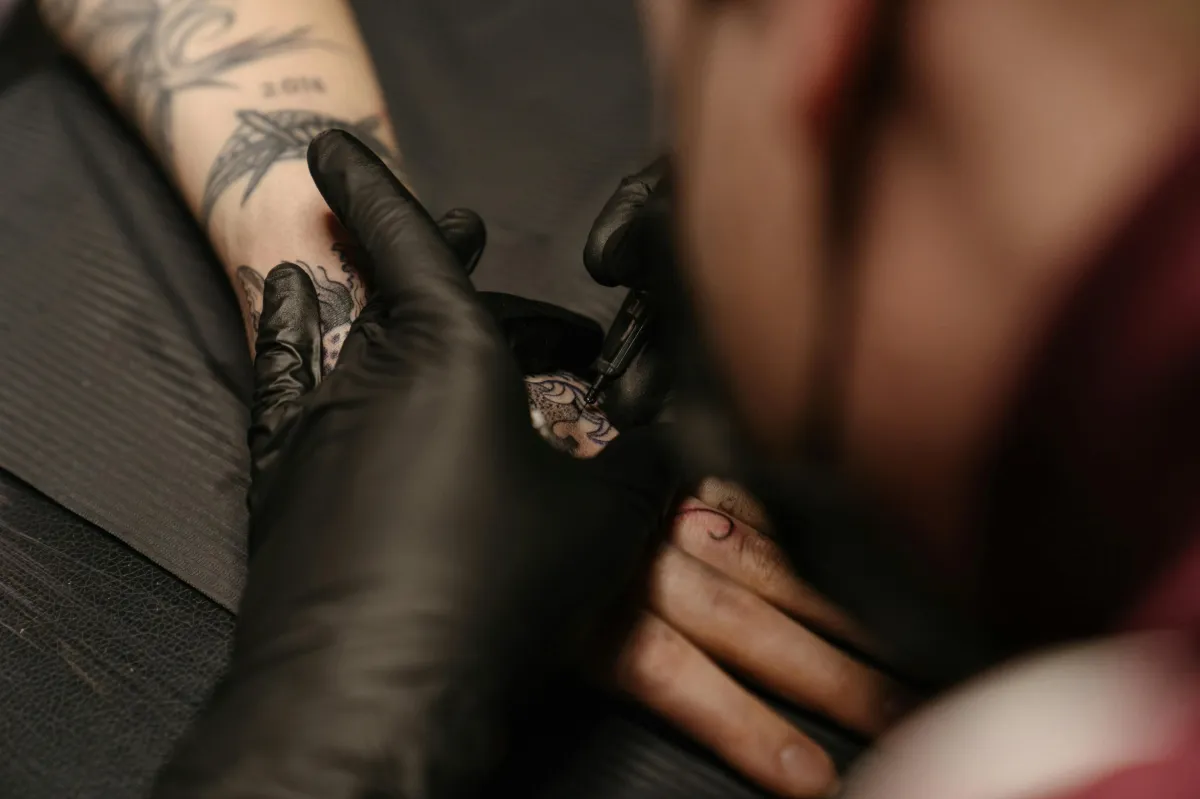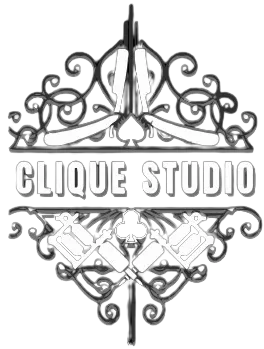BLOG
Our blog is designed to be a resource for anyone looking to learn more about the latest trends and techniques in cosmetic wellness.

Is Tattoo Training Worth It? Here’s What You Need to Know
Tattooing is more than just a skill; it’s an art form that requires precision, creativity, and a deep understanding of the human body. For those who dream of becoming a tattoo artist, the journey begins with the right education. A tattoo training course is not just a stepping stone—it’s the foundation of your future career in the industry.
Why Tattoo Training is Essential?
Tattooing might seem straightforward, but it involves a complex blend of artistry, technical skill, and an understanding of safety protocols. A professional training course provides you with the knowledge and hands-on experience needed to master these aspects.
1. Building Artistic Skills Every great tattoo starts with a great design. In a tattoo training course, you’ll learn how to translate your artistic ideas into beautiful, lasting tattoos. From sketching to digital design, these courses teach you the fundamentals of drawing, shading, and color theory, all tailored to the unique canvas of human skin.
2. Understanding Skin Anatomy Tattooing isn’t just about applying ink to the skin—it’s about knowing the skin itself. A comprehensive course will teach you about the different layers of the skin, how they react to needles, and the best techniques for ensuring the ink stays vibrant over time.
3. Mastering Tattoo Equipment Tattoo machines, needles, and inks are the tools of your trade, and knowing how to use them is crucial. Training courses offer hands-on experience with these tools, showing you how to set them up, maintain them, and use them effectively to create precise, beautiful work.
4. Safety and Sanitation The health and safety of your clients are paramount in tattooing. Courses will teach you the importance of proper sanitation, how to avoid cross-contamination, and the correct methods for sterilizing equipment. This knowledge is not just critical for client safety but also for building a reputable business.
5. Developing Your Personal Style While technical skills are important, your success as a tattoo artist also depends on your ability to develop a unique style. A tattoo training course will help you explore different tattooing techniques, from traditional styles to modern, innovative methods, allowing you to find your artistic voice.
What to Expect from a Tattoo Training Course?
Tattoo training courses vary in structure, but most cover a broad range of topics essential for budding tattoo artists. Here’s what a typical course might include:
1. Introduction to Tattooing This section covers the basics, including the history of tattooing, different tattoo styles, and an overview of the tools and materials used in the process.
2. Skin Anatomy and Safety You’ll learn about the structure of the skin, how tattoos interact with it, and the importance of safety and hygiene in your practice.
3. Equipment Handling Courses provide in-depth training on how to handle tattoo machines, needles, and inks. You’ll learn about different types of equipment and how to choose the best tools for your style and client needs.
4. Design and Artistry This part of the course focuses on developing your artistic skills. You’ll practice drawing, shading, and creating designs that complement the human body. Digital design techniques are also often included.
5. Hands-On Practice After learning the theory, you’ll move on to practical application. Many courses include practice on synthetic skin before moving on to live models, allowing you to gain confidence under the supervision of experienced instructors.
6. Business and Ethics Tattooing is as much a business as it is an art. Courses often include lessons on client consultations, pricing strategies, and maintaining a professional and ethical practice.
The Benefits of Professional Tattoo Training
1. Certification and Credibility Completing a professional tattoo training course provides you with certification, which adds credibility to your resume. It assures potential employers and clients that you have the skills and knowledge to perform safely and effectively.
2. Networking Opportunities Training courses are a great way to meet other aspiring tattoo artists, experienced professionals, and potential mentors. These connections can be invaluable as you begin your career.
3. Building a Portfolio During your training, you’ll create a portfolio of your work, showcasing your skills and style. This portfolio is essential for attracting clients and securing job opportunities.
4. Ongoing Support Many tattoo training courses offer continued support after graduation, whether through advanced classes, workshops, or mentorship programs. This ongoing education helps you stay current with industry trends and continue improving your skills.
Choosing the Right Tattoo Training Course
When selecting a tattoo training course, consider the following:
1. Instructor Experience Look for courses taught by experienced tattoo artists who have a strong portfolio and a good reputation in the industry.
2. Comprehensive Curriculum Ensure the course covers all the essential aspects of tattooing, from design and safety to business practices.
3. Hands-On Training Practical experience is crucial in tattooing. Choose a course that offers plenty of hands-on practice, ideally with opportunities to work on live models.
4. Ongoing Support Consider courses that provide continued education and support after you complete your training.
Conclusion
A career in tattooing is both rewarding and challenging. With the right training, you can develop the skills, knowledge, and confidence needed to succeed in this competitive industry. Whether you’re just starting or looking to enhance your existing skills, a comprehensive tattoo training course is an investment in your future as a professional tattoo artist. Take the first step today and turn your passion for tattooing into a fulfilling career.

